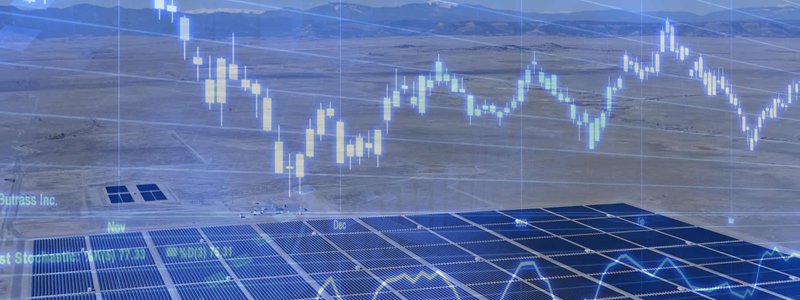
The outlook for European yieldcos remains positive despite the challenges faced last year by their US counterparts and more recent economic shocks such as Brexit. The outcome of UK’s referendum on European Union membership “created some uncertainty,” said Ricardo Pineiro, fund manager at the Foresight Solar Fund Ltd (FSFL), “but investors are still looking for a safe haven.”
With yield in the high single digits, European yieldcos fit the bill. “That’s why shares of European yieldcos have been on the rise again,” Pineiro said. “That’s a direct result of the current interest rate expectations.”
UK-based FSFL has largely avoided the malaise that overtook the US yieldco market last year. Despite a dip to GBP£92 per share in February, FSFL is currently trading at around £100, not far off its all-time high of £107. The same is true of other European yieldcos. London-based Renewables Infrastructure Group, for example, is currently trading at £105 per share, compared to an all-time best of £108.
Madrid-traded Saeta Yield meanwhile remains about €2 below its post-launch high of €10.58. And Germany’s Capital Stage AG, which actually hit its best-ever value of €9.20 as the US yieldco market was still in meltdown last November, is currently at around €6 a share.
“There was clearly a distinction between what happened with the US yieldco market and what we’re seeing at the European level, mainly caused by the way US yieldcos were structured,” said Pineiro. “In the US market what was being offered to shareholders was a growth of the value of the funds but also significant levels of growth in the dividend. In European markets you wouldn’t have a compound effect.”
The US model was only sustainable under low interest-rate conditions, he said.
While over-hyped expectations had caused all of America’s yieldcos to crash by November last year, the more conservative model adopted in Europe has not only avoided large losses but even helped fuel modest growth.
UK-based NextEnergy Capital, for example, has stopped short of going ahead with plans for a European yieldco but has nevertheless amassed €150 million for a private equity fund focused on the Italian solar market.
Capital Stage, meanwhile, recently announced it was on target to meet operational targets for the year and confirmed takeover plans for Chorus Clean Energy, a listed pan-European solar and wind farm operator.
Such modest but steady progress is a lure to investors concerned about volatility in other asset classes, according to Pineiro.
This is even the case in the UK, despite uncertainty sparked by the Brexit. As it stands, “the fact we have a lower sterling at the moment could help,” said Pineiro. “It has been a challenging 12 to 18 months. But moving forward we do believe renewables will be an interesting asset class for investors.”
An improving outlook for yieldcos could even lead to the launch of new quoted funds, he hinted. “It’s really a matter of market sentiment,” he said.
